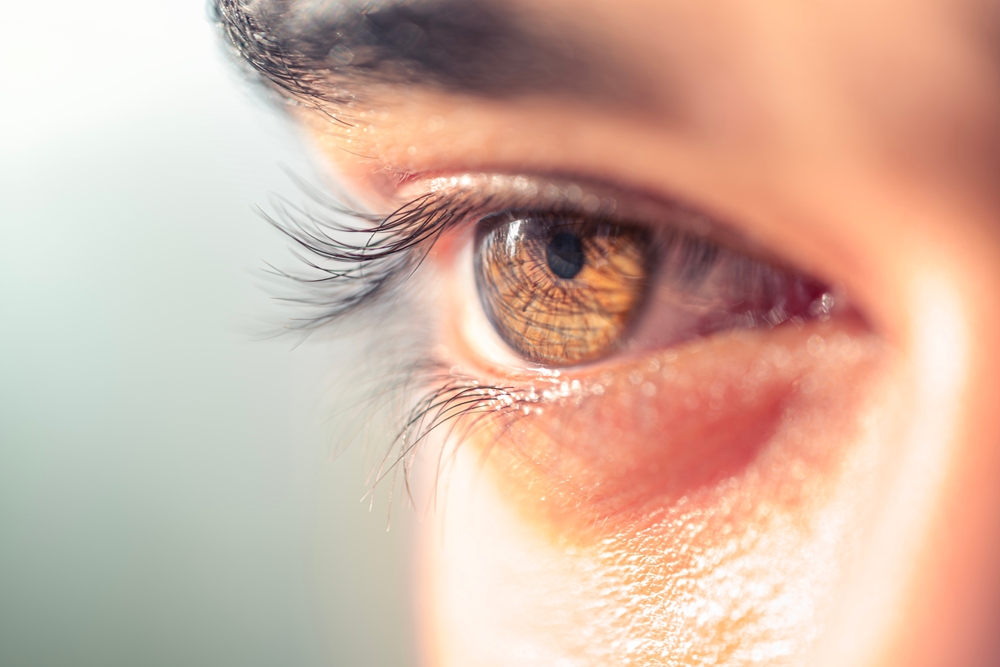
Your eyes can tell you so much more than just how well you can see. They can actually give you important clues about your overall health. In fact, sometimes an eye exam is the first place doctors can spot serious health issues. It is pretty amazing how much our eyes can reveal!
So, let us dive into some of the ways your eye health is connected to the rest of your body.
High Blood Pressure
High blood pressure often damages the blood vessels in your eyes. This damage can lead to hypertensive retinopathy. Here is where the blood vessels in the retina become narrowed or blocked.
Early signs may be detected during a routine eye exam. If caught early, you can manage your blood pressure to prevent further damage.
Diabetes
Diabetes can also seriously impact your eyes. High blood sugar levels often damage the blood vessels in the retina. Damaged blood vessels lead to diabetic retinopathy. This condition often develops without symptoms. Regular eye exams become even more important for people with diabetes.
If you have diabetes, regular eye exams can help catch diabetic retinopathy early, when it is easier to manage.
Autoimmune Diseases
Rheumatoid arthritis and lupus can cause inflammation. The inflammation affects the eyes. Conditions such as Sjögren’s syndrome can lead to dry eyes, causing discomfort and increasing the risk of other eye problems. If you have an autoimmune condition, it is important to monitor any changes in your eye health.
High Cholesterol
High cholesterol can lead to atherosclerosis. This is where blood vessels become hardened and narrowed. This can restrict blood flow to your eyes and cause damage to the retina. Changes in the retina caused by high cholesterol can be detected during an eye exam.
Monitor your cholesterol levels and follow your doctor’s recommendations. Regular eye exams can detect any retinal damage caused by poor circulation early on.
Thyroid Disorders
Both hypothyroidism (underactive thyroid) and hyperthyroidism (overactive thyroid) lead to serious eye issues. Thyroid disease can cause Graves’ disease, which leads to bulging eyes and dry eye.
Thyroid problems can also cause irritation, eye strain, and sensitivity to light. If you have thyroid disease, make sure to include eye exams in your routine health checkups. Managing your thyroid condition can help prevent or reduce eye problems.
Cancer
Breast cancer and lung cancer can affect the eyes. They can do so either directly or through treatments like chemotherapy and radiation. Eye problems related to cancer can include blurry vision, swelling, or eye pain. If you have been treated for cancer, keep your eye health in mind.
Signs of Early Stroke
Sometimes, eye exams can also offer clues to your brain health. Retinal vein occlusion (blockage in the eye’s blood vessels) can be linked to an increased risk of stroke. Changes in the blood vessels in your eyes signal a higher risk for brain-related issues. If you notice changes in your vision or have a history of stroke, make sure to discuss it with your doctor.
Increased Eye Pressure (Glaucoma)
Glaucoma can develop slowly without noticeable symptoms. Elevated eye pressure damages the optic nerve, leading to permanent vision loss.
An eye exam is the best way to detect glaucoma early before it causes serious damage. Early treatment can help manage eye pressure and prevent vision loss. Taking care of your eyes means taking care of your whole body.
For more on eye health, visit JR Optometry. Our office is in Mobile, Alabama. Call (251) 308-7045 to book an appointment today.
https://www.aao.org/eye-health/news/your-eyes-could-be-windows-to-your-health
https://www.nei.nih.gov/learn-about-eye-health/healthy-vision/keep-your-eyes-healthy







